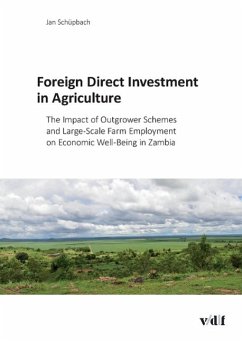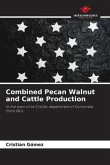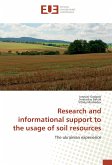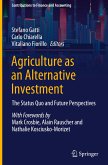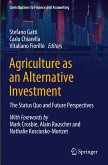Foreign direct investment (FDI) in agriculture and land has increased substantially since the 2007-2008 food price crisis. However, there is a severe lack of quantitative evidence on the economic impact of FDI. Therefore, the primary goal of this study was to collect and analyze empirical evidence, in order to better understand the potential benefits and pitfalls of such investments and related processes of agricultural commercialization.
In particular, the study tests the effect of two strategies for including smallholder farmers into modern food supply chains:
1. Outgrower schemes, i.e. a type of contract farming whereby small-scale farmers produce crops for large-scale farming enterprises.
2. Wage employment on large-scale estates.
The central part of the study looks at one specific investment project in the Zambian sugar cane sector.
Overall, the evidence suggests that large-scale investments by foreign as well as domestic companies, and especially the model of cooperation with smallholder farmers in outgrower schemes, can indeed have positive and significant effects on the income and wealth of rural households.
Hinweis: Dieser Artikel kann nur an eine deutsche Lieferadresse ausgeliefert werden.
In particular, the study tests the effect of two strategies for including smallholder farmers into modern food supply chains:
1. Outgrower schemes, i.e. a type of contract farming whereby small-scale farmers produce crops for large-scale farming enterprises.
2. Wage employment on large-scale estates.
The central part of the study looks at one specific investment project in the Zambian sugar cane sector.
Overall, the evidence suggests that large-scale investments by foreign as well as domestic companies, and especially the model of cooperation with smallholder farmers in outgrower schemes, can indeed have positive and significant effects on the income and wealth of rural households.
Hinweis: Dieser Artikel kann nur an eine deutsche Lieferadresse ausgeliefert werden.
